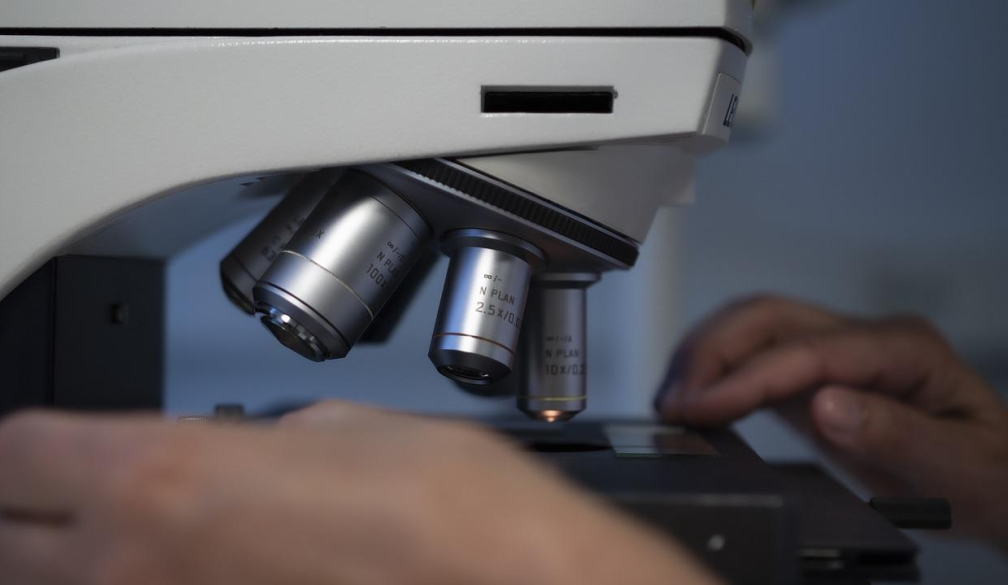What Are The 4 Phases Of Clinical Trials

If you're wondering what stages are involved in the clinical trial process, this article will give you an overview of the first three stages of studies.
In this article, you'll learn what each stage is, how it differs from the others, and why they're so important. You'll also learn what you can expect when you're enrolled in one of these studies. In addition, we'll explain the differences between one and two, as well as what each one of them means and how they differ.
Phase I
Before a drug can get approval from pharmaceutical regulators, it must go through several stages of research studies. Phase I studies typically include less than 100 patients, while Phase II trials enroll more than 300 patients. Phase II studies measure the drug's efficacy, safety, and tolerability. They document the side effects of the drug and help scientists develop an optimal dosage for the next stage of studies.
Before a drug can move to the next stage of development, a pharmaceutical company must obtain an Investigational New Drug application (IND) from the FDA. To qualify, the drug must have a strong safety profile and show potential for patient safety. Phase I studies also investigate differences in the absorption of the drug from different sources.
In phase I research studies, doctors look for specific signs that a drug can cure a patient's cancer. They also try to find the most effective way to deliver the drug. In this stage, the drug is not yet marketed and is usually withdrawn from the market or restricted to certain uses.
Phase II
Clinical studies are often conducted in two stages, the first of which is known as the Phase I trial. In the first stage, a limited number of healthy volunteers are recruited to test a potential new drug. The drug is then administered to this group and the side effects are closely monitored. The goal of the second stage is to determine the best dose for a given patient, as well as its toxicity and safety profile.
The results from the Phase II studies are reviewed by the FDA, which decides whether or not the drug is approved for use in the market. In the second stage of a clinical trial, a large group of volunteers receives the new drug. The purpose of this study is to determine if the medicine is safe and effective, while simultaneously keeping the participants healthy.
This is the most important part of the trial, since it allows the researchers to compare the new drug to standard treatment. These studies may involve thousands of volunteers. In addition, the participants in phase III research studies must be males and females of different ages, ethnic groups, and body weight.

Phase III
Phase III of research studies begins after the safety of a new drug is established. It involves up to 3,000 participants and collects additional data. This stage is the most complicated stage to design and has a lower risk than the previous stages.
This stage includes testing the drug on a larger population and is usually done in physician's offices or community hospitals. The researchers analyze the data collected from all three of the 4 phases of clinical trial and may repeat them if the first round of tests did not meet its efficacy goals. There are two vaccines in the pipeline for this stage, which were developed by the Finlay Vaccine Institute and the Center for Genetic Engineering and Biotechnology.
This is a subunit vaccine with an antigen known as the receptor binding domain. Researchers hope to induce an immune response that targets the antigen and prevents the disease from recurring. Phase III of research studies are expected to last about three months.
Phase IV
Another stage of research studies is the studying stage. This is the stage where new drugs are evaluated against existing ones. The researchers use these results to determine the right dose of a new drug. The purpose of this stage is to determine which new drugs work better than existing ones and to understand the reasons why some treatments are better than others.
In addition, the findings of these studies can lead to improved treatments for patients. According to www.ncbi.nlm.nih.gov, for these reasons many new drugs are now being tested and put to use. A new vaccine entering stage III should compare its efficacy to a drug already approved on the market.
It should also compare the vaccine to a vaccine that has been used in other studies. If the vaccine is an investigational drug, a placebo arm may be justified in the pursuit of optimal characteristics. Whether the new drug works is a matter of ethical ethics. The first stage of research studies, called stage one, will test the safety of a new drug.







